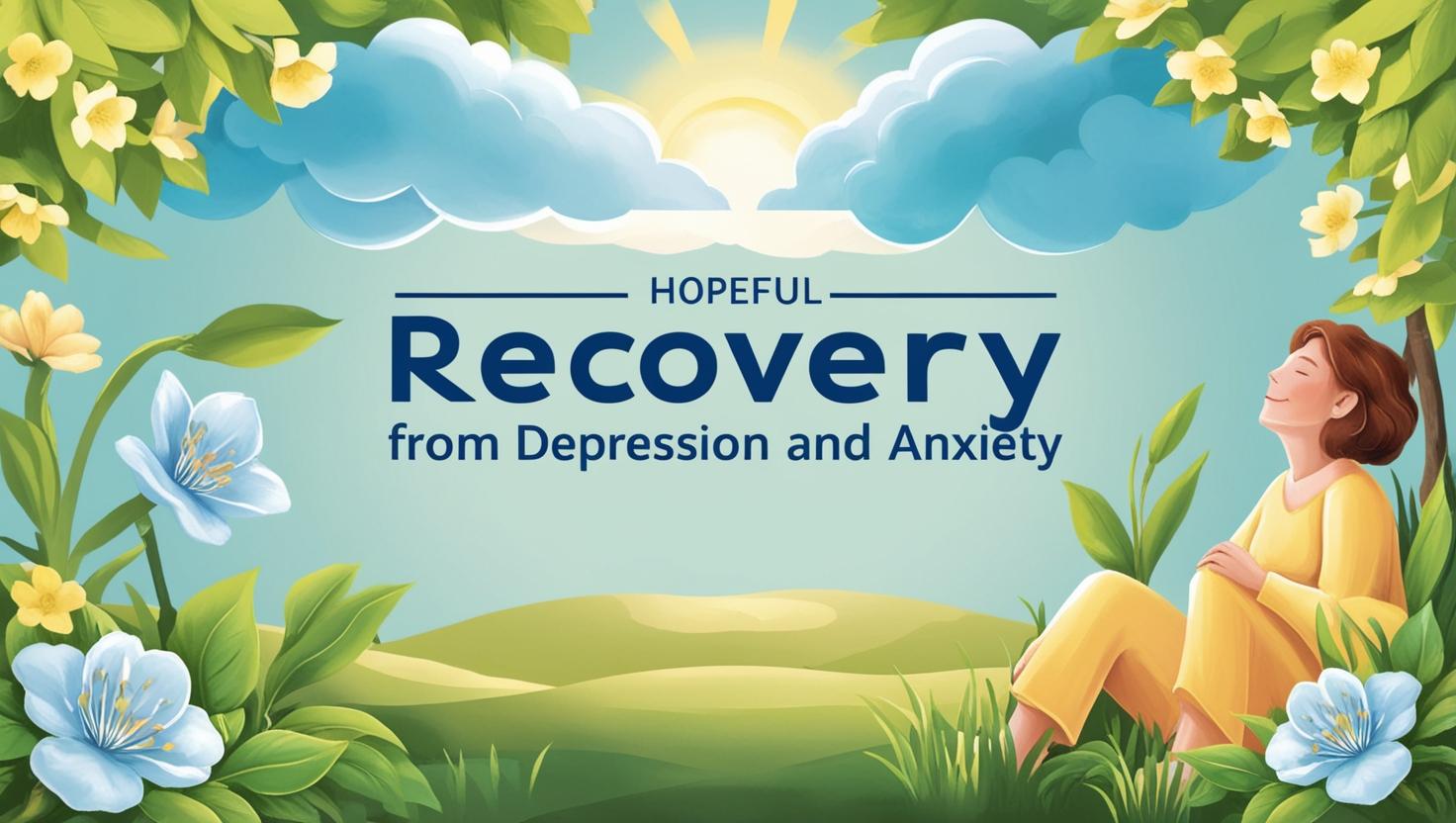In today’s fast-paced world, mental health struggles like depression and anxiety have become alarmingly common. Long work hours, social isolation, and life pressures often leave people emotionally exhausted. While therapy is essential, not everyone can afford regular sessions or wait weeks for an appointment. This is where AI therapy tools are making a real difference.
Imagine having a therapist in your pocket — one who listens, understands, and offers support 24/7. Thanks to advancements in artificial intelligence, several apps now provide mental health support using AI, and they’re proving surprisingly effective.
What Are AI Therapy Tools?
AI mental health tools are mobile apps or chatbots designed to offer emotional support, mood tracking, and basic therapy techniques. They are not replacements for human therapists but can be great companions when you’re feeling low or overwhelmed.
Some of the most popular and trusted apps include:
- Wysa – An AI chatbot that uses evidence-based CBT (Cognitive Behavioral Therapy) techniques.
- Woebot – A friendly AI “robot” trained by psychologists to help users manage stress and anxiety.
- Youper – An emotional health assistant that uses AI to improve mood and behavior through conversation.
These tools are especially useful for people dealing with mild to moderate anxiety or depression and looking for quick support.
✅ Benefits of Using AI Tools for Anxiety and Depression
- 24/7 Availability: Whether it’s 3 AM or midday, these apps are always ready to talk.
- Affordability: Many AI mental health apps are free or cost significantly less than traditional therapy.
- Privacy: You can express your feelings without fear of judgment.
- Personalized Support: These apps learn your patterns and provide personalized coping strategies.
- Stress Tracking: You can monitor your mood daily and spot emotional patterns over time.
💡 Why AI Mental Health Apps Are Gaining Popularity
For many people, traditional therapy feels intimidating or financially out of reach. But affordable AI therapy for depression is changing that. These tools empower users to take control of their mental health, even when access to a licensed professional isn’t immediately possible.
Studies show that people using AI-based apps regularly report a noticeable improvement in mood, motivation, and self-awareness. While they’re not a cure-all, they act as a bridge — helping people cope until they can seek deeper professional care if needed.
Mental health should never be ignored, and technology is now becoming a part of the solution. If you or someone you know is struggling, consider trying out the best AI mental health apps like Wysa or Woebot. Sometimes, just having someone — even a virtual one — to talk to can make all the difference.
Remember, it’s okay to ask for help. Even if it comes from your phone.
If you’re curious about the latest advancements in AI tools, check out our article on AI breakthroughs in healthcare“.
